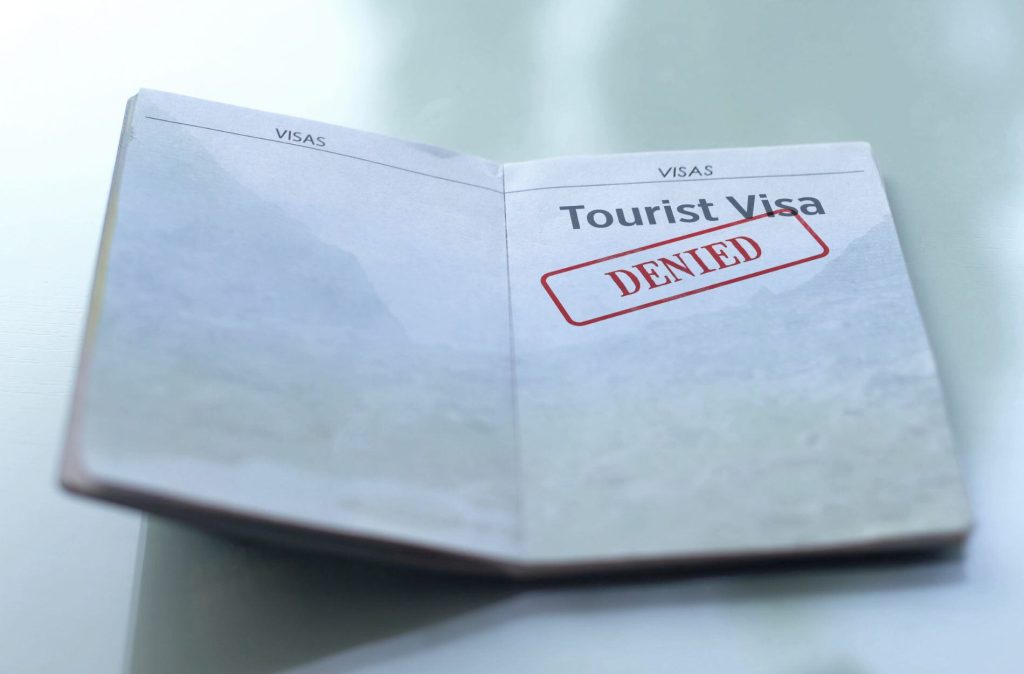

Visa and entry requirements are a significant concern for travelers. The process can be confusing, especially when you’re looking at different countries with varying procedures. Understanding the necessary documents, application procedures, and potential issues can make a huge difference in your travel experience. This comprehensive guide will explore the complexities of visa and entry requirements for various destinations, providing a clear understanding of the process and offering practical advice to navigate the potential challenges.
Understanding the nuances of visa and entry regulations
The significance of accurate information
Visa and entry requirements vary greatly from country to country, and keeping up with the latest regulations is critical for seamless travel. The specific requirements often depend on factors like citizenship, the purpose of the visit (tourism, business, study), and the duration of stay. To effectively manage your travel plans, staying well-informed is key to preventing potential issues.
Types of Visa and their requirements
Different visa types cater to various travel purposes. For example, a tourist visa is granted for short-term recreational visits. A business visa is required for individuals traveling for professional purposes. Each type usually involves distinct application procedures, supporting documents, and processing timelines. Ensuring you’re aware of the requirements for your specific situation is vital for an issue-free travel.
Navigating the Application Process
Gathering the Necessary Documents
Accurate and timely document preparation is paramount. This often includes passport validity checks, vaccination records, proof of accommodation, financial statements, and travel itineraries. Failure to have the right documents can lead to visa application delays, rejection, and the associated inconvenience and cost.
The Application Procedure
Understanding the specific application procedure is essential for timely processing. Many countries have online portals for applying, simplifying the process. Reviewing instructions and deadlines is crucial to complete the application correctly and avoid penalties.
Submitting your application
Contacting the embassy or consulate is often necessary for clarifying requirements or obtaining necessary documents and approvals.
Exploring Entry Restrictions
Travel Restrictions and Regulations
Governments often implement travel restrictions, lockdowns, and mandates to address public health concerns, political issues, or other circumstances. These restrictions can range from entry bans for specific nationalities to mandatory quarantines. Staying updated on these developments is essential.
Specific Entry Rules for Different Destinations
Countries often have specific requirements for their citizens or those from other nations. Travelers should be aware of these entry rules and the potential for delays at the border due to insufficient paperwork or compliance issues. Understanding these intricacies before travel is critical.
Handling Potential Problems
Addressing Delays and Rejection
Dealing with visa delays or rejections can be frustrating. Having a backup plan, such as alternative travel arrangements or a contingency fund, is highly recommended. Understanding the reasons behind a rejection can inform future applications. Contacting the embassy or consulate for clarification is crucial.
Alternatives to traditional visas
Some countries have electronic visa systems or visa-on-arrival programs that can simplify the process. Researching these options will save you time and effort.
Seeking Professional Assistance
Consulting with travel agents or visa consultants
Navigating visa requirements can be complicated. Consider consulting with travel agents or visa consultants for assistance. They can provide expert guidance, streamline the application process, and offer support for potential issues.
Conclusion
Visa and Entry Requirements can be challenging and time-consuming, but understanding the steps involved makes navigating the process much easier. This article detailed the steps to avoid headaches and stress associated with visa and entry processes. Staying prepared will ensure a smooth and enjoyable trip.
Frequently Asked Questions
How can I find the most up-to-date information on visa requirements?
Always check the official websites of the embassies or consulates of the countries you are planning to visit. These websites usually have the most current and accurate information on visa requirements, including any changes or updates. This is crucial for avoiding misinformation or outdated guidelines. Checking these resources will provide a reliable foundation for your research.
What should I do if I am denied a visa?
If you are denied a visa, review the reasons provided by the embassy or consulate. Understanding the reasons can assist in addressing potential shortcomings in your application for future attempts. Consider seeking professional advice to address any potential issues. This often involves understanding your specific circumstances. Consult with an expert for personalized guidance and explore options for a different application approach, ensuring a more successful outcome in the future.
Visa and entry requirements can be complicated, but understanding the processes can ease your travel plans. Here are some frequently asked questions to clarify common queries.
Visa and entry requirements can be a real headache for travelers, especially when dealing with the complexities of various destinations. By understanding the specific procedures and meticulously following the guidelines, you can significantly minimize the stress associated with visa applications and ensure a smooth travel experience. This article highlighted key aspects of visa applications and entry requirements, from preparing the necessary documentation to understanding the different visa types. Remember to consult official government websites for the most up-to-date information, and consider seeking professional assistance if needed. This will help you avoid potential delays or problems that could impact your trip. Ultimately, your proactive approach will pay off and create a more worry-free journey.